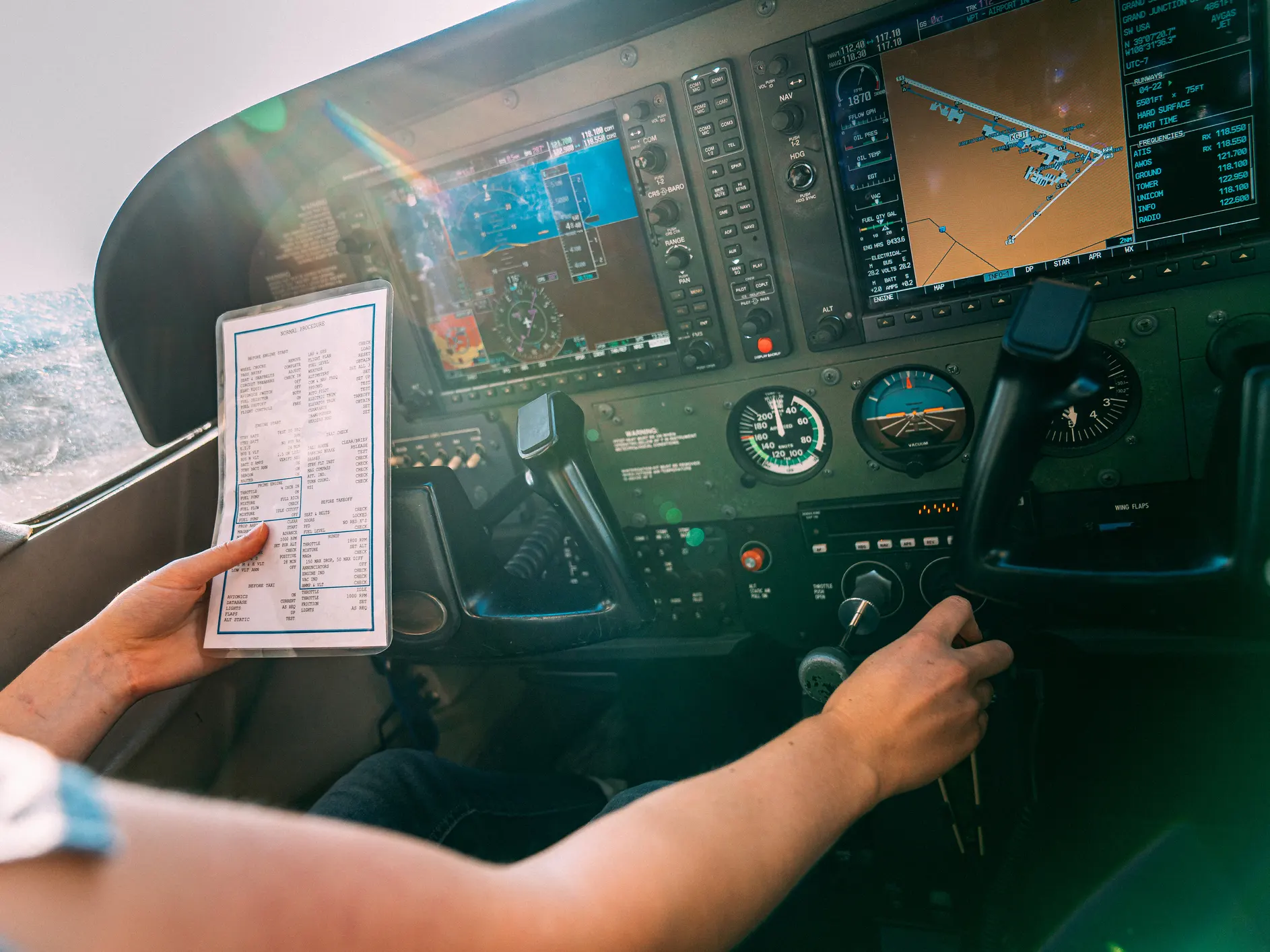
In recent years, Virtual Reality (VR) flight simulators have become increasingly available to pilots of all levels. These cutting-edge tools are revolutionizing the way pilots learn and train by drastically reducing the amount of time it takes to become proficient in their craft, or aircraft in this case.
As flight simulators continue to evolve and improve, they are becoming increasingly important tools for the aviation industry. Traditional pilot training requires students to accumulate many flight hours before they can be safely considered “proficient”. Aspiring aviators are typically expected to spend countless hours in a cockpit, while instructors guide them through the fundamentals of flight. This process can be extremely expensive and time consuming, as aircraft rental, instructor fees and fuel costs quickly add up.
A new alternative is beginning to challenge this traditional approach; this alternative being Flight Simulation in Virtual Reality (VR). Flight simulators that utilize VR technology are equipped with realistic simulations that allow users to feel as if they are flying a plane without ever leaving their home or classroom.
The sensations of motion, control, environmental factors, and lifelike graphics make VR simulations far more immersive than traditional PC software programs.
Some of the more cutting-edge VR Flight Simulator companies like True Course Simulations are even integrating physical movement to their flight simulators to increase realism while also decreasing the potential for VR sickness. Added features such as interactive cockpits help bring different aircrafts to life and realistically replicate the feeling of piloting an actual airliner from the comfort of your own home.
In addition, customizations such as wind speed, weather conditions, terrain layout and more can also be adjusted according to user preference – allowing pilots more control over their training experience than ever before.
Perhaps most importantly, modern VR flight simulators drastically reduce the total amount of time it takes for new pilots to achieve proficiency – allowing them focus on key areas which need improvement while eliminating tedious exercises such as routine flights in the airport airspace.
From a safety perspective, VR Flight Simulations provide students with a much more controlled environment where virtual mistakes do not carry real world consequences, allowing them practice emergency scenarios without risking any harm or damage to themselves or others around them in real life situations.
As VR technology continues to advance at lightning speed, its potential applications to improve existing processes are almost limitless – especially within industries where safety is paramount such as aviation and healthcare. Going forward, VR Flight Simulators will undoubtedly prove invaluable within these fields and potentially even further disrupt conventionally held beliefs on how these tasks should be learned and trained for overall proficiency.
